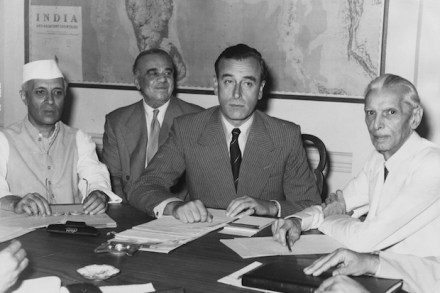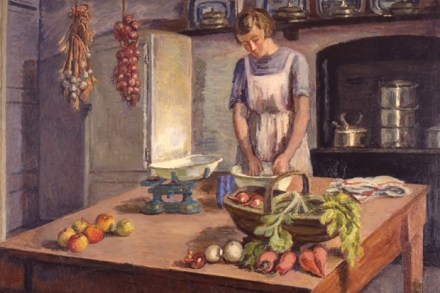Hope for one of the most turbulent, traumatised regions in the world
John Keay’s excellent new book on the modern history of South Asia plunges the reader head first into some wildly swirling currents. Here are India, Pakistan, Bangladesh, not to mention Sri Lanka and Nepal, and a supporting cast of mini-states present and past that you may not even have heard of, all tumbling, overlapping, in a state of perpetual contradiction and collision, flowing like a tide of crazed tsunami debris down some great tropical floodplain. This is the world’s biggest population zone, and possibly even the world’s coming economic superpower, in full and violent flow. Midnight’s Descendants is primarily about the partition of India, the moment in 1947 that initially




















